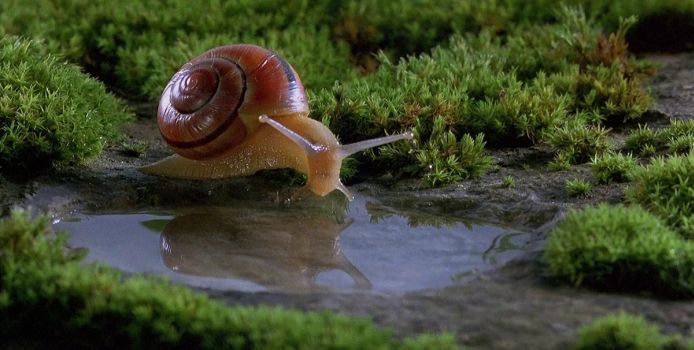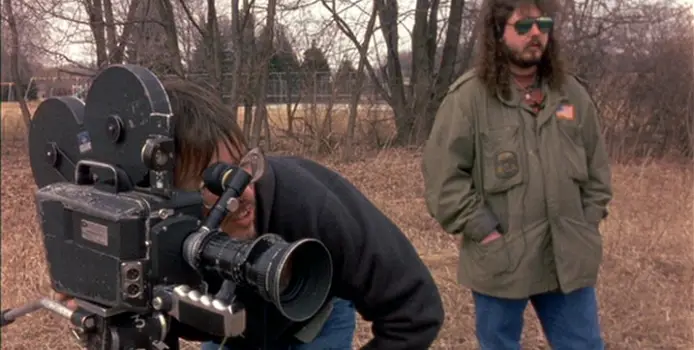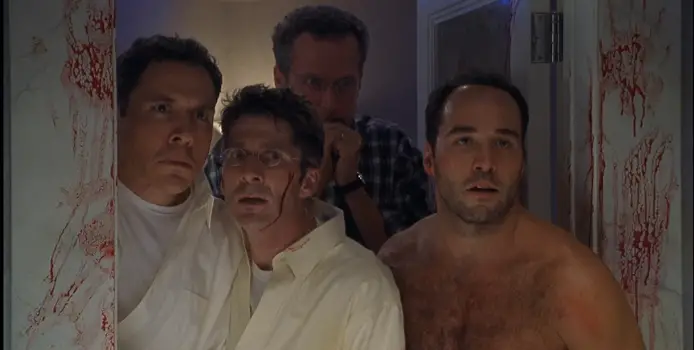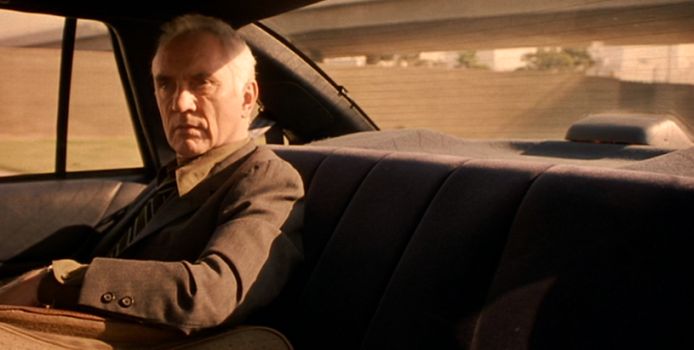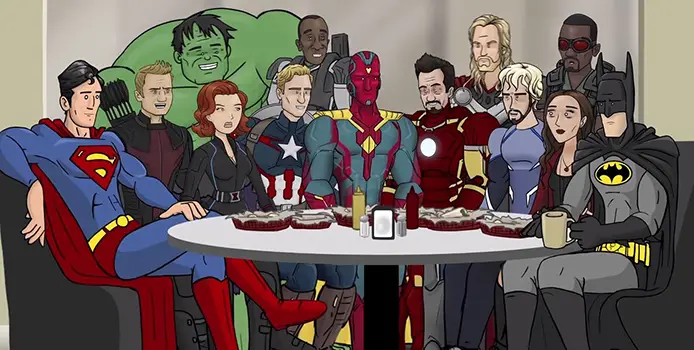Features
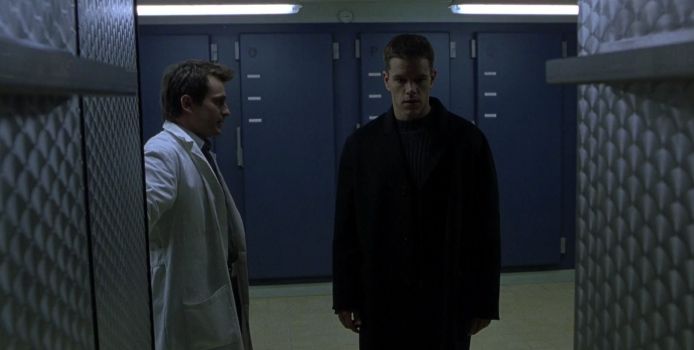
Near the conclusion of The Bourne Identity (2002), we find our hero, Jason Bourne (Matt Damon), taking refuge in a country farmhouse belonging to Eamon, the ex-boyfriend of Bourne’s hostage/lover/sexy barber Marie (Franke Potente). Bourne’s shadowy employers have dispatched a rival Treadstone assassin – known only as The Professor (Clive Owen) – to eliminate the threat posed by their malfunctioning asset. When Eamon’s son notices the family dog has gone missing, Bourne (preternaturally perceptive, as always) recognizes the portent.
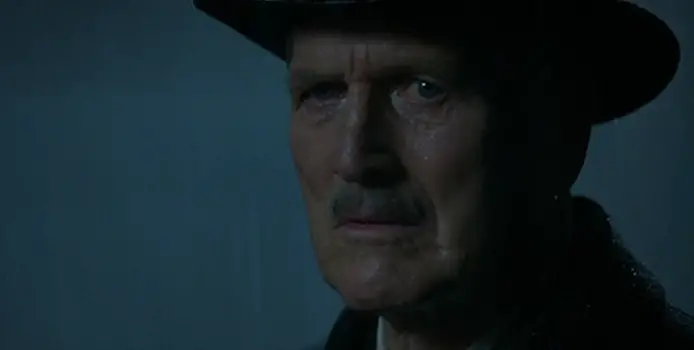
Having recovered from the shock upon discovering that summer 1990 was a quarter of a century ago, I recently reacquainted myself with one or two of the cinematic treats that I first enjoyed at the tender age of 15. Darkman got a repeat viewing, as did the sorely underappreciated Quick Change with Bill Murray. I was especially pleased to find that my personal favourite alumni from the class of ’90 had aged so well:

In the previous two instalments of my speculative trilogy pondering the future of British cinema, I’ve explored how innovative, non-mainstream films will continue to get funded and whether or not filmmakers will change their style in order to get their films made. In this final article, the concluding chapter of this epic trilogy, I aim to explore how British films can get into British cinemas. If British films aren’t being funded due to worry about a lack of box office returns, is there any possible way for a business model that allows all British films the same wide releases as blockbusters in their home country?
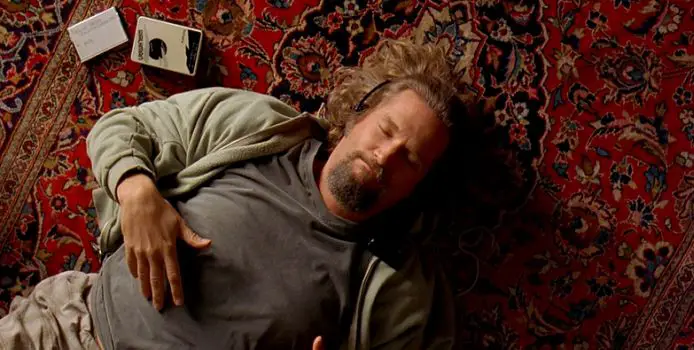
Cinematographers, or directors of photography (DP’s), handle what many think the directors accomplish in their films when it comes to visual techniques and style. However, the distinctive look many movies have has more to do with the “real” eye behind the camera, and that is usually the cinematographer. Over the years, cinematography has evolved from a craft to an art, although to be successful in the business there is a delicate balance of both.

Have you ever found yourself loving the bad guy in a movie? Villains come in many different forms, whether it’s the combined protagonist/antagonist situation like Mickey and Mallory Knox in Natural Born Killers, or the complete polar opposite of the hero, a dark and vicious villain like Heath Ledger’s astounding role as The Joker in Christopher Nolan’s The Dark Knight. And with the recent trailer release of the movie Suicide Squad (a team of DC comic villains coming together to take on the missions deemed too horrific for the heroes), it provokes the question:
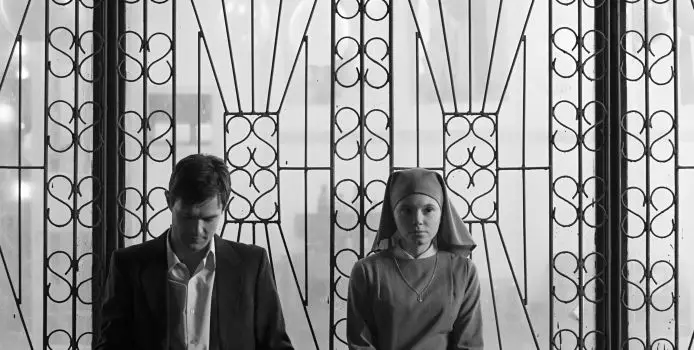
The film Ida by Pawel Pawlikowski is admired by critics and viewers around the world. The movie won awards at important international festivals and it was nominated for an Academy Award in the category for Best Foreign Language Film. A glimmer of hope woke in the Poles after winning a golden statue:

